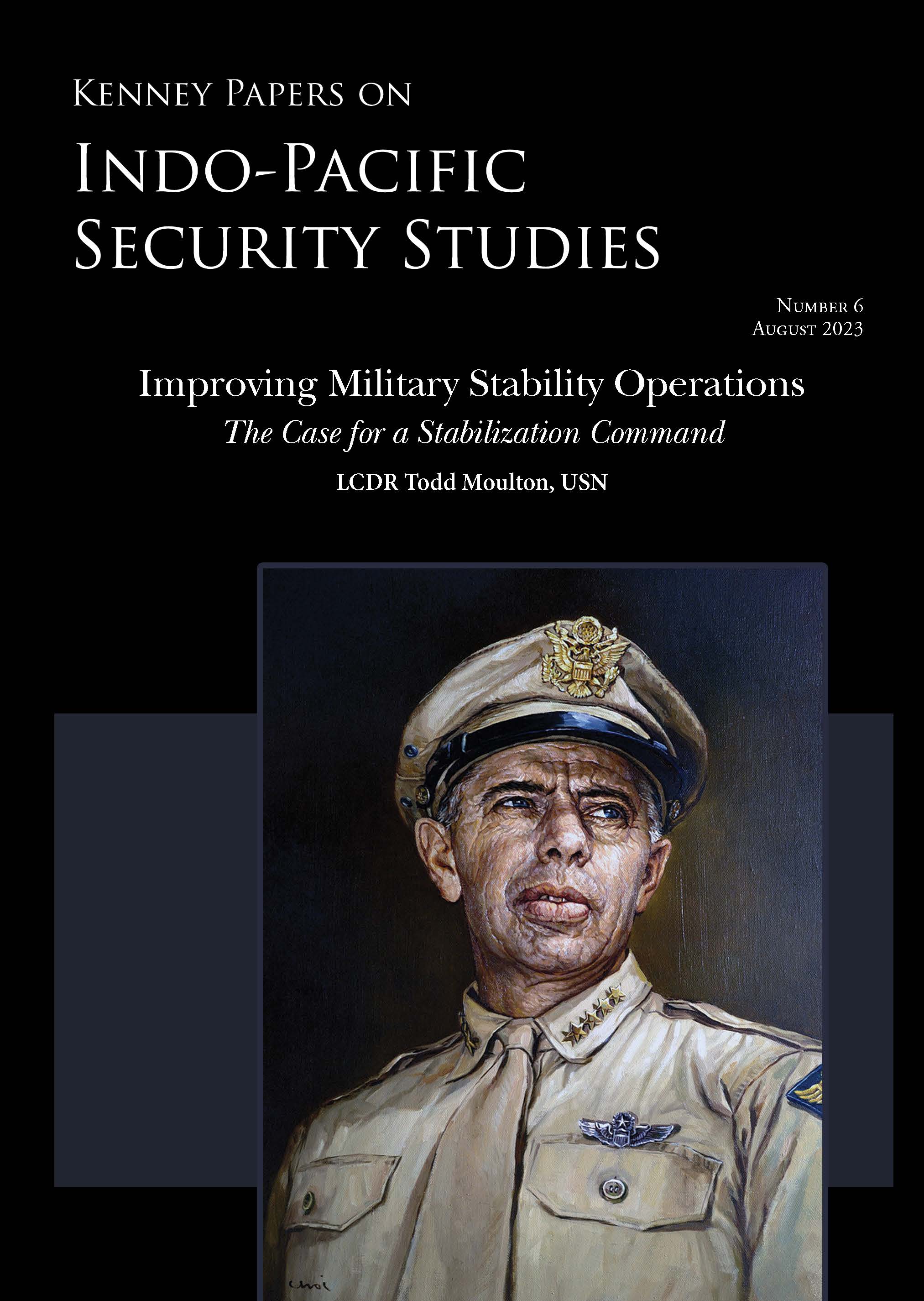 The United States military has executed 33 stability operations as opposed to 16 combat operations since 1898. The stabilization activities were frequently ineffective and regularly left occupied countries in a worse condition after US forces left than prior to arrival. Several underlying problems evident during each of these stability actions denote the reasons why the US military does not conduct efficacious stabilization activities. The US military habitually sent combat-trained and -equipped personnel into situations where these individuals encountered environments requiring service members with civil administration, law enforcement, and engineering backgrounds. The US military established initiatives throughout this period that created short-term stability at the regional level. However, these enterprises never engendered long-term national stability, and the US military ended these programs as the United States refocused away from nation-building and toward conflict with China and Russia. Although US policy and international law mandate the US military participate in stability operations, the US military has no force dedicated to stabilization activities. Without any US military entities focused on stability operations, the military will repeat the mistakes of the past with the lives of the country’s sons and daughters and at the expense of the nation’s coffers.
The United States military has executed 33 stability operations as opposed to 16 combat operations since 1898. The stabilization activities were frequently ineffective and regularly left occupied countries in a worse condition after US forces left than prior to arrival. Several underlying problems evident during each of these stability actions denote the reasons why the US military does not conduct efficacious stabilization activities. The US military habitually sent combat-trained and -equipped personnel into situations where these individuals encountered environments requiring service members with civil administration, law enforcement, and engineering backgrounds. The US military established initiatives throughout this period that created short-term stability at the regional level. However, these enterprises never engendered long-term national stability, and the US military ended these programs as the United States refocused away from nation-building and toward conflict with China and Russia. Although US policy and international law mandate the US military participate in stability operations, the US military has no force dedicated to stabilization activities. Without any US military entities focused on stability operations, the military will repeat the mistakes of the past with the lives of the country’s sons and daughters and at the expense of the nation’s coffers.
This paper analyzes past US military stability operations and the armed forces’ attempts to improve the effectiveness of stabilization actions. The publication aims to justify the need for a functional combatant command centered on ensuring military members engaged in stability operations receive clear direction, proper training and equipment, and support from other US governmental agencies. The number of fragile or failing nation-states is not decreasing, indicating that the world will likely require the United States to lead or participate in stability operations by the end of this decade.
Author(s) • Todd Moulton
Year • 2023
Pages • 49
ISSN • 2770-1298
AU Press Code • KP-06